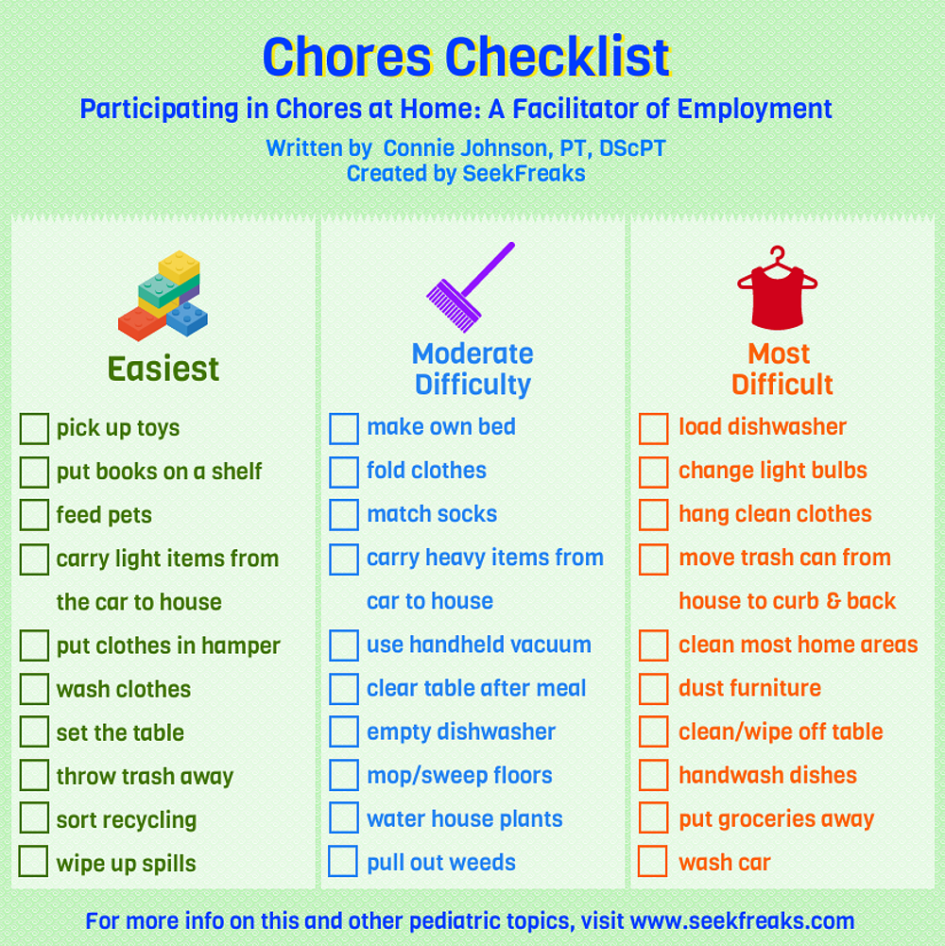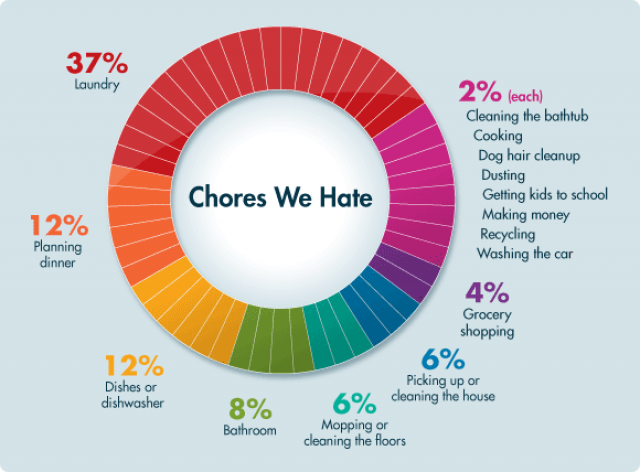Likewise, Dr. Laura Markham (Ahaparenting.com) looks at what has gone wrong in our conversations when we parents feel like we can't get through to our children.
"I've tried everything, but I just can't get through to this child!"
It's so frustrating when you can't get through to your child, says Markham. And it makes it almost impossible to parent well, since your child isn't open to your influence. Happily, children do look to us for love, protection, and guidance, as long as they feel warmly connected to us. As children develop, they naturally want to explore the world and learn for themselves. We can't control them -- we can never control another human being, Markham reminds us, -- but as long as we have a good relationship with our child, we have influence.
So why would a child stop looking to their parent for guidance? Usually this happens when children begin to think WE aren't listening, or we wouldn't understand, or we just don't care about what matters most to them.
That doesn't mean we've done something wrong, says Markham. It might mean your child is strong-willed and an experiential learner, and they just want to do what they want, even if you don't like it. But still, in that case, they are willing to risk their relationship with you for what they want, and that's a sign that the relationship needs strengthening. Bottom line: Our children shut us out when they think they can't get through to us. Why should they listen when they don't feel heard?
So if you want more influence with your child, the "cure" is to strengthen and sweeten your relationship, says Markham. Or as Stephen Covey famously said, "Seek first to understand."
That doesn't mean you just say yes to whatever your child wants. Mostly, the strength of your relationship depends on whether your child trusts you to understand their perspective, believe in them, and be on their side, no matter what.
1. Are you willing to listen, to try to see things from your child's perspective? If so, the child learns that he doesn't get everything he wants, but he gets a parent who understands, no matter what.
2. Can you set limits with empathy, meaning that you offer understanding of what she wants and why, even when you can't say yes? If so, the child feels understood even when she doesn't get what she wants, so she accepts limits more readily.
3. Are you looking for win-win solutions (or do you insist on being right, which by definition means someone else has to be wrong)? If so, the child learns that in a relationship, we try to make it work for both people.
4. When you look at your child, do you see mostly positives, no mater what he's done wrong? If so, the child learns to see himself as good, even when he makes mistakes -- which means he's more likely to "do good."
Our intention to understand is what helps our child feel safe enough to accept our guidance. None of us ever change except from a place of safety.
Of course, extending understanding isn't easy when you're upset. The key is to calm yourself and get clear on your positive intention before you open your mouth. Your child may not know what words are going through your mind, but he or she will always feel your intention, says Markham.
Life with children can sometimes feel like a battle, but our children are never the enemy. Yes, you are responsible for "teaching" your child to act right. But kids don't act right when we see them as "wrong." We need to hold onto a vision of our child's best self for our child to act as that self. If you can manage you own emotions, you can find the good will and emotional generosity to see your child's perspective. That doesn't mean that you necessarily agree with their behavior, just that you see your child is struggling, and you want to help them feel better, so they can DO better. And yes, you can do this even while you set limits on behavior. Once your child feels you're on their side, rather than out to control them, everything can shift.
"The key to communication is not what we say, but rather the attitude that lies behind what we say... all of us are telepathically communicating all the time. Every moment, we are choosing to join or to separate, and the person to whom we're speaking feels what we have chosen, regardless of their words."
-- M. Williamson
Cecilia and Jason Hilkey (HappyFamily.com) offer additional ideas for parents struggling to get their teenagers to change their behavior:
What do you do when your adolescent is spending too much time on a screen?
Or staying up too late?
Or behind on homework?
Or getting sucked into social drama with friends?
Especially as kids get older, how do we influence them while still maintaining our connection? How do we give our adolescents practice making their own choices -- and making mistakes -- while still keeping them safe?
As parents -- if we are not going to resort to punishments or rewards, threats or yelling -- our best bet is to influence our children in positive ways, through our connection with them, and through conversations. But HOW do we talk to our adolescents? How do we have a conversation about a "hot topic" that doesn't devolve into us lecturing, and our teen rolling her eyes, rebelling, or sneaking behind our backs? Is there a technique we can use to help kids change their minds?
YES! Motivational Interviewing! Read more about the four core skills of Motivational Interviewing from Dr. Christine Carter, author of The New Adolescence.
Four core conversation skills (O.A.R.S.) help keep your parent-child relationship afloat and work to change behaviors. In brief, they are ~
1. Open-ended Questions. Too often parents inadvertently use YES/NO questions to drill children. Make a conscious effort to frame questions as open-ended so that your child can share more about what is going on from their perspective. "How do you feel about all this?" "What do you think the pros and cons are?"
2. Affirmations. Notice and comment on your child's positive qualities and effort. Your conversations with your loved ones should include five times as many positive statements as critical comments to create their openness to listening to your point of view.
3. Reflection Statements. Try to accurately mirror back the thoughts and feelings your child shares. See if you can demonstrate that you "get" them, even if you disagree with what they have said.
4. Summarize the child's position. "If I understand you correctly....."
Seek first to understand.
These four core skills are an effective way to talk when your goal is to eventually change someone's behavior. See more in the entire chapter in The New Adolescence devoted to Motivational Interviewing~ complete with scripts, details, and examples. This book is a slam dunk, in so many ways, including the not-to-be-missed chapter about teens smoking pot and drinking. These core skills are applicable in so many situations with young children, teens, AND adults.










